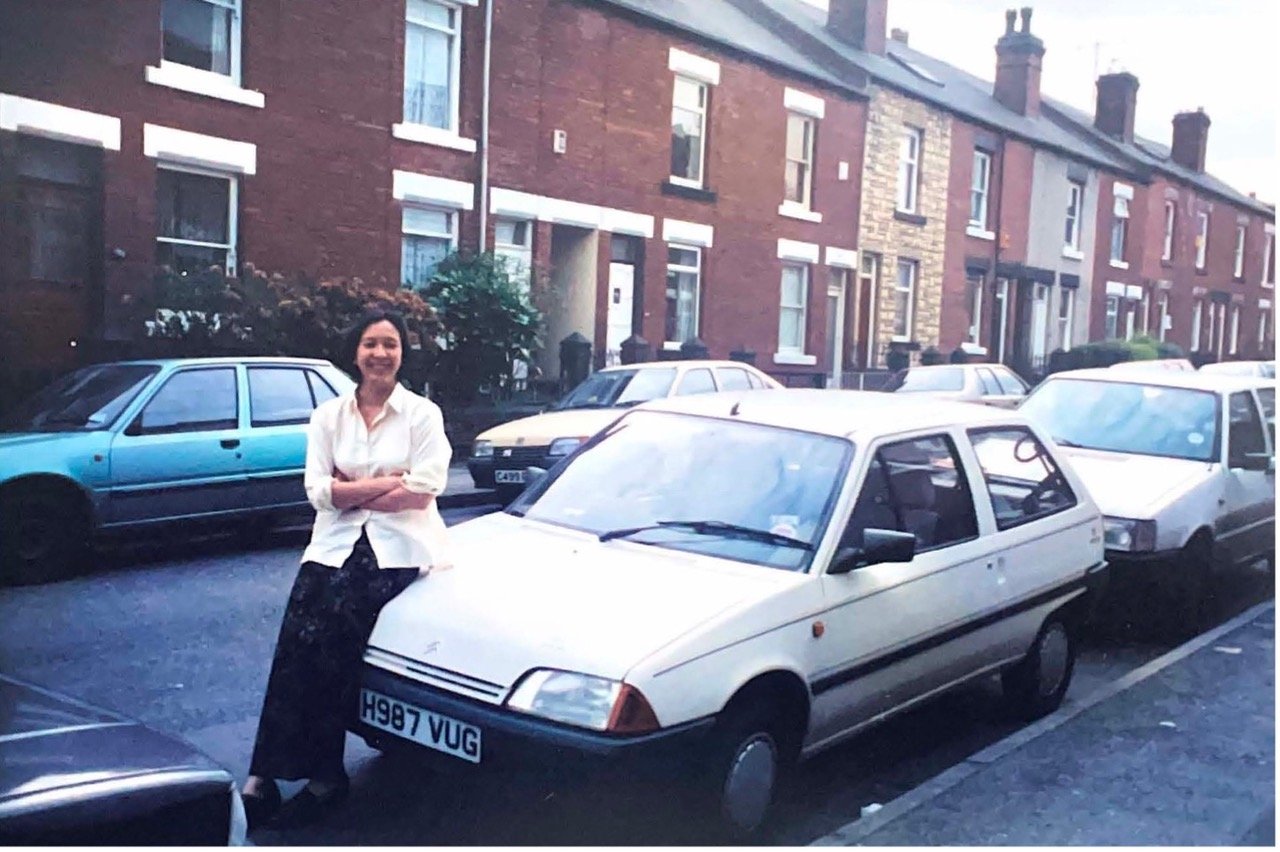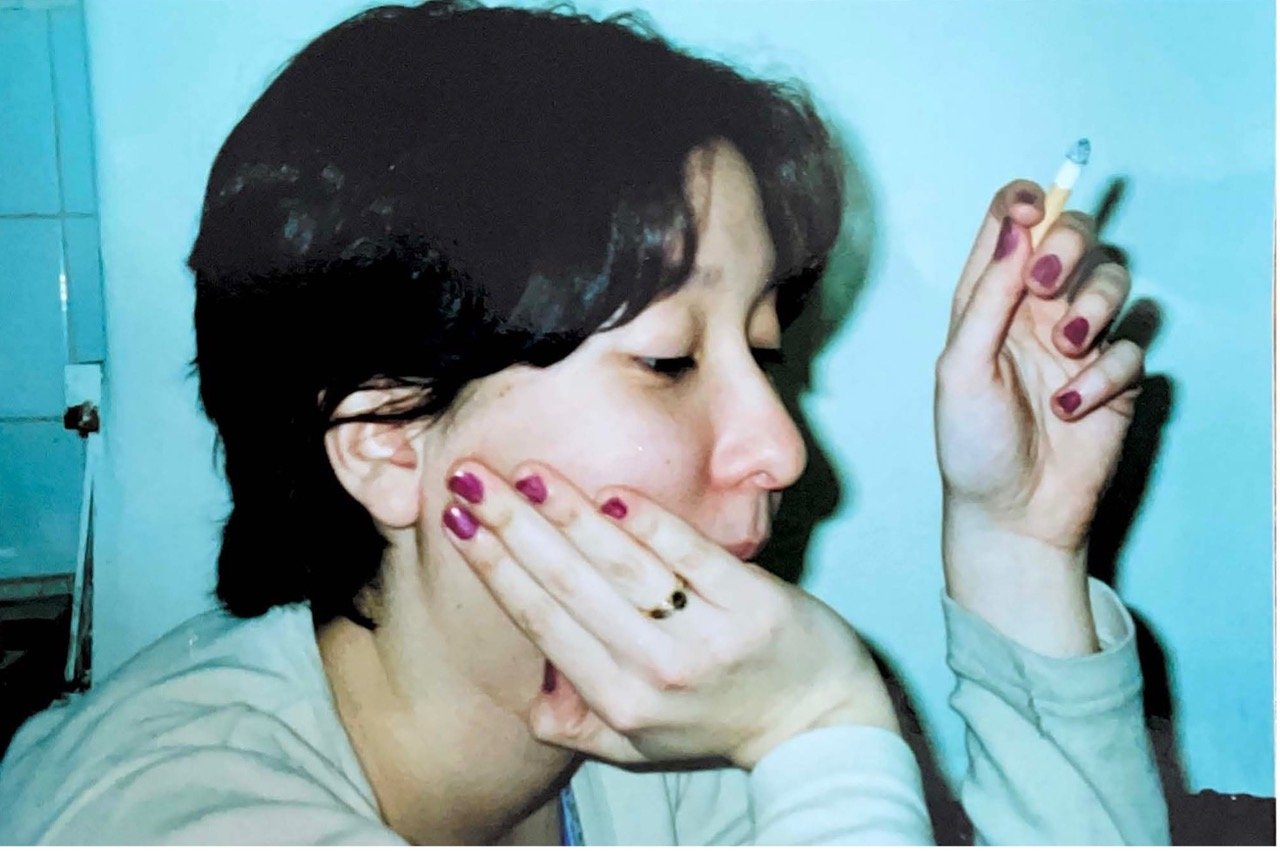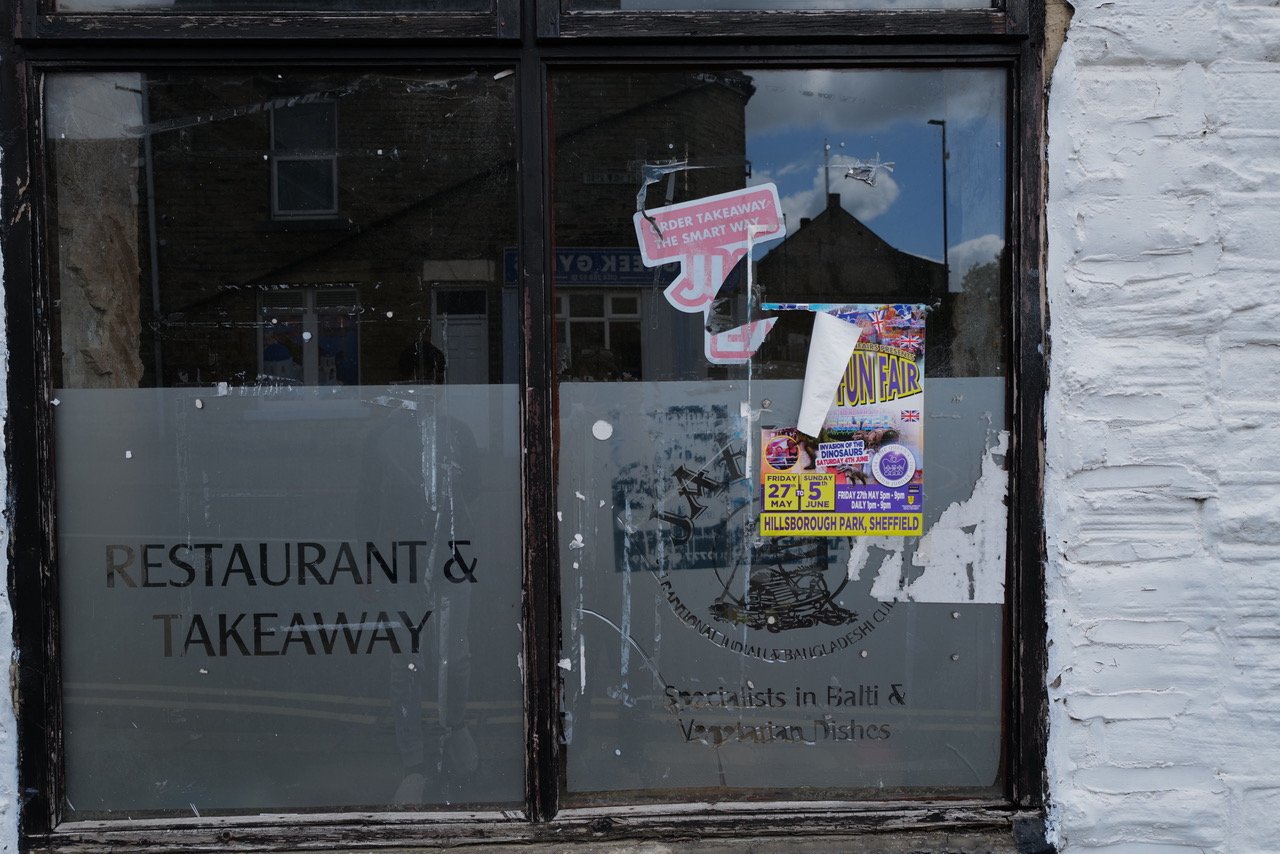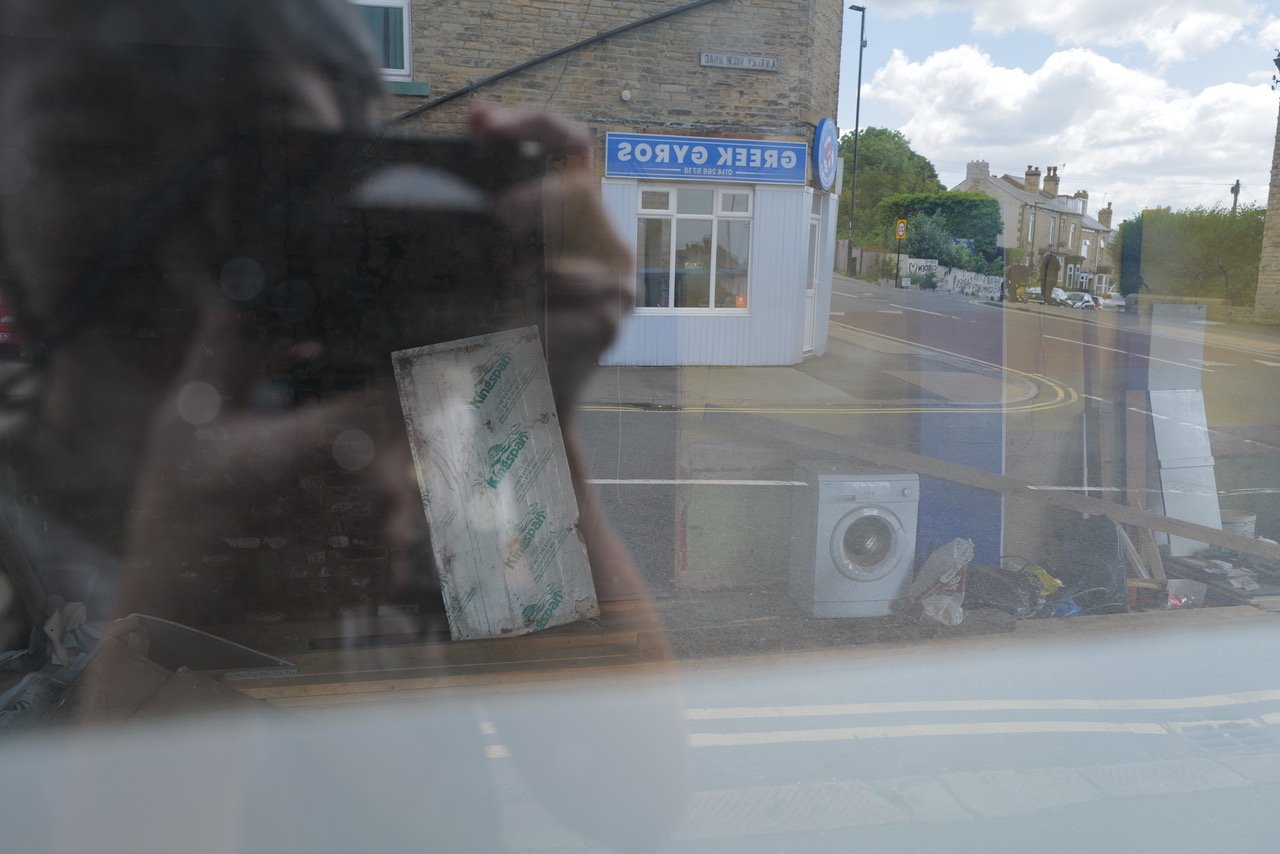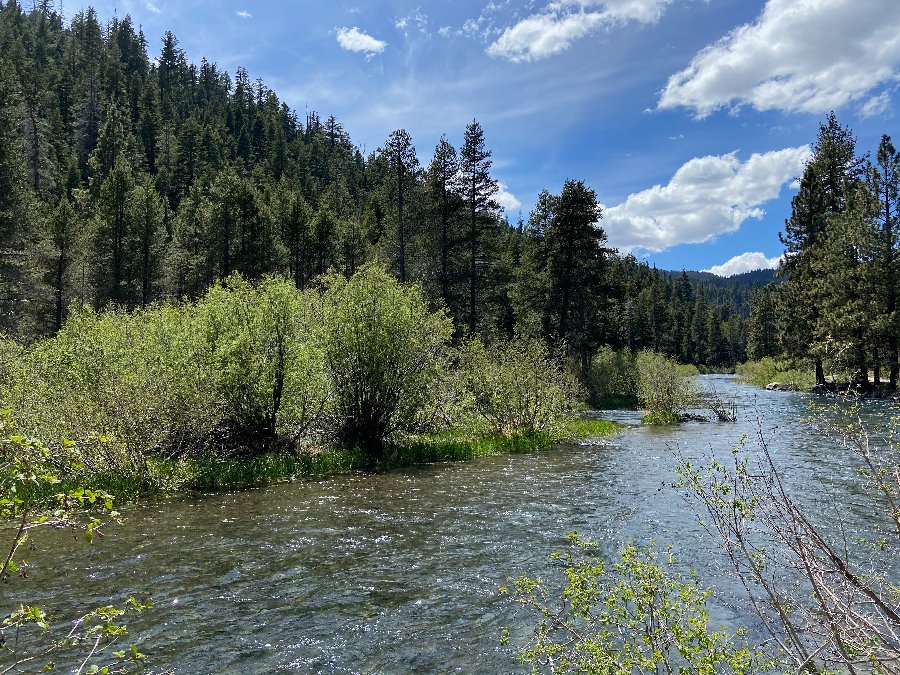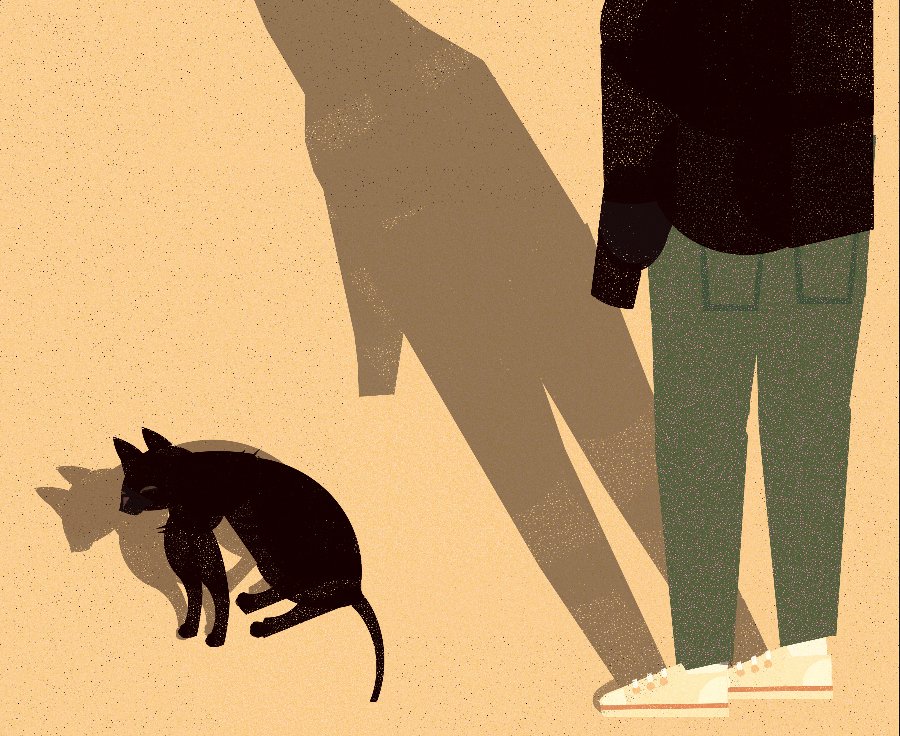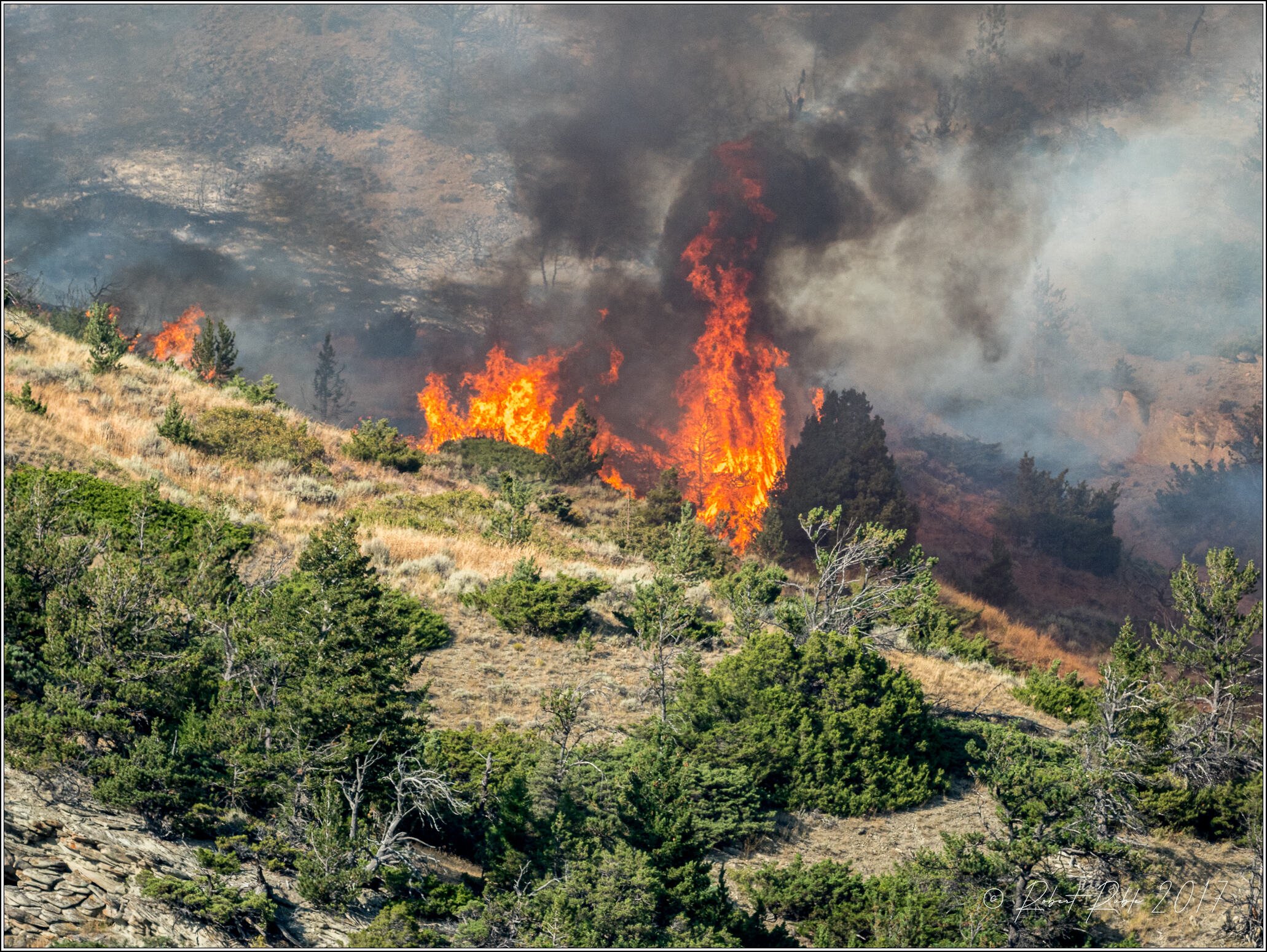This is the seventh in a series of portraits from our home city, of Berliners affected by the war in Ukraine. You can see all the portraits as we publish them here.
By Jacob Sweetman:
As Anastasiya Volokita and I walk back towards Friedrichshagen station from the Müggelsee, we are talking about her Mum, her sister and her young niece, all of whom have managed to settle in a small Polish town, having escaped Ukraine. Her Mum, she says, used to be a bank teller but now cleans posh apartments for a living. It's okay, says Anastasiya, she likes it there and it's better than nothing.
It's better than war, she says.
But then a cat crosses our path. The cat is a mess, its mangy fur is patchy at best, its ribs poking through. It limps sadly, like a drunken old man trying to get back to his empty home, far too late.
Anastasiya's got a cat, named Mushka Mukhich, that a friend brought out of Ukraine via Czechia to to Poland. Anastasiya picked her up from there. Mushka Mukhich is a well travelled cat. She loves cats, and the state of this one floors her. We stop, she asks about where to find an animal shelter at this time of the evening; I've no idea, it's Friedrichshagen, it's May and the sun is already starting to set. She worries, asking two teenage girls passing if they can help.
They can't.
A woman with a zimmer-frame comes slowly past, but she stops only to say how she loves Anastasiya's hair, intricate long plaits tightly, precisely woven with Ukrainian blue and yellow thread.
And I too have to go. Anastasiya says it's fine. She'll take care of it, somehow.
She is wearing a black hoodie that she has zipped up, and pulls over her hands when the wind gets up as it does over the Müggelsee at this time of year – at any time of year. She has a pair of blue jeans that a friend gave her, and simple white toed trainers that were bought for her by a guy she met when she realised that she would be stuck in Berlin for a long time yet.
Because she'd never meant to stay. Anastasiya Volokita had just come to Berlin on the 22nd of February to celebrate her birthday three days later. But the most recent incarnation of the war in Ukraine broke out on the 24th, and she's not been back to Kyiv since.
“I just came for five days, for a change of mood, to have some fun, to take some time, to clear my head to prepare for the next festival season of work,” she says.
And though it might not seem much, it's the little things that have started to chip away at her confidence, at her sense of self. Anastasiya used to be, as she describes herself, “a fashionista”. Her wardrobe in Kyiv was full, she shimmered her way through the scene, but she says she doesn't really know who she is any more. Her brother will send some clothes from Kyiv soon, but she's already donated many of them to people there, people who have lost everything.
She pulls at the sleeves of her hoodie again. At one point she giggles with a charming lack of self-consciousness when she says that she thought “it was always important to be important”, realising that maybe it wasn't.
She's a busy woman, Anastasiya. Or at least she used to be. From her first days at the design institute she moved to Kyiv to study at, her and her friends had made money by embroidering, decorating clothes for fashion designers and pop stars. She says they could do anything by hand and my eyes are drawn again to the eternal plaits in her hair. She went on to work for a designer, travelling to exhibitions, that sort of thing. But then, around 2014, she realised that she didn't need a boss who, as she says, didn't listen to her, and nor did she want one. So she struck out, alone.
“I just jumped onto the water and started to swim,” she says.
Her boyfriend was a producer, so she started managing, doing PR, helping spread the word and putting out fires, she became a promoter, a spokeswoman, the public face and internal engine of Comic Con Ukraine and the White Nights and the street food festivals.
She misses the constant whirr of action because she's always been able to get things done, to use her contacts, to find solutions to problems. If there was a crisis then she would work it out, it was her job.
Her skills are well honed, for in Kyiv in 2014 there was a fundamental crisis.
Kyiv's Maidan square - at the heart of the city both geographically, and spiritually, she says, as the point where the big concerts and the parties, and the fayres and events would take place - was occupied, ultimately, by tens of thousands of people, protesting against the pro-Russian president, Viktor Yanukovych, and the corruption and abuses inherent in his regime.
It was a movement that divided the country in many ways, but also brought much of Anastasiya's generation together. In the protest's earlier days she was a regular visitor. She says there was something about the atmosphere, what she calls the revolutionary mood of the time, that couldn't help but draw her in.
She felt she could do something important.
So she started doing what she did best, organising. She was letting volunteers stay on her floor or on her sofa. She and her friends set up flea market stalls to raise money to help. She sold off band merchandise at hers, anything she could, plectrums and drum skins and records autographed by big Ukrainian acts because she knew them all.
And when Russian troops invaded Crimea she and her friends – and every tailor she knew - used the skills they had again. They made bulletproof vests and sent them to the volunteers going to the front. Anastasiya sourced the fabric and the materials for free, she arranged a studio to manufacture them in someone to pack them and someone to deliver them.
But she can't do much here, in Berlin. She can't even speak the language, it's frustrating as hell. She's staying in the guest-house of a man who works in TV. She knows she's lucky, she's got enough space that friends can come to visit, but still.
“Now after three months... I don't understand who I am,” she says. “In general, I feel like like there's a big wall up, and I can't go back home, I don't know how to go back home.”
But, while at other times she is defiant, bullish almost, she says this plaintively. She says the word 'home' like it's a tennis ball being tossed in the air, her tone goes up and down. She almost howls it.
Kyiv is a cool city, she says, and she'd dreamed of it from the first time she went as a kid. Even when she was at the heart of a scene around a club in her home town of Dnipropetrovsk called Torba - which means either an old bag or to get pissed, depending on who you ask - where she knew all the musicians and the DJ's, she focussed on leaving.
There's clubs that rival Berghain easily, there's districts that look more like Dubai than Berlin, she says. The effect of Comic Con Ukraine, for example, has been international, and she talks proudly of 'geek culture' and its importance to a generation who might never have connected in person without it. She talks of YouTubers and bloggers and of people being drawn there, when before they'd have otherwise ended up here.
She's in full flow. I ask if everyone in Ukraine is like this, talking and talking and talking, openly and honestly and endlessly, flitting between subjects the way a hummingbird does blooms, her sentences drawing themselves out, stretching over clauses and parentheses like the blue and yellow cotton spun through her plaits, but she says not. She says that in fact she's quite shy, but I don't believe her.
At least not at that point.
The Müggelsee behind us is choppy. I drink a beer, Anastasiya a lemonade, and we are sitting down at a cafe table. The wind blows across us, whisking the ash out of the superfluous ashtray, and I worry about it blowing across the microphone on my recorder.
So I push it closer to her at one point, only to withdraw it, unconsciously, a little as she talks of Bucha, where many of her friends had bought apartments because they were cheaper than in Kyiv, and where she had had an office before. Where she'd worked on a project setting up children's playgrounds.
She says she knows that soldiers had ransacked those very offices, but that was the least of things, because she also knows of rapes and of murders. She says people she knows, colleagues and friends, died in the horrors that engorged the district in April, but she doesn't want to ask who. Her eyes are red, I ask her if she's okay, and she says she is.
And then she tells me she can give me an “exclusive.” She says this with a nervous giggle that isn't entirely convincing, and one that makes more sense when I think of the way she pulls her sleeves over her hands, and the way her eyes are reddened, and how she seems so determined to convince me that she is okay with all of this - that she'll find a solution, because that's what she always does, despite the fact she's been stuck in the city she came to for a five day holiday four months ago, because her home country has been invaded and is currently at war.
Anastasiya tells me then that she is also pregnant.
“Yeah,” she says, realising how weird it sounds to say out loud to a stranger.
She says that this is how men and women are in times of war. Men are drawn to fight and women to motherhood.
“I really think that when the war started, and I was like naked nerves, I needed a man who can relax me. It was a surprise, it's just happened, and we didn't talk a lot, we didn't know each other a lot, and we have just started to communicate. He has a lot of his own problems - I am in shock, I don't know what to do,” she says.
“Life is changing so fast” she says, smiling again.
I tell her this is great news. “Congratulations” I say, and I mean it. I tell her having a baby is easier than you imagine, that the joy outweighs the struggle, which is true, but here and now as I say all this out loud the only thing really clear is that I don't know what the fuck I'm talking about. For at least my kids were born in a country of my choosing.
She carries on though. She always has.
“But, no, I will find a solution. What I need to do - I have free time right now, and not so much work to do - I have time to learn German.”
She also says she wants to train to be a psychologist, she says she knows that it'll help, that it'll be needed in the aftermath of all of this. She's making plans already. She wants to go home desperately, but it's not just her any more. She also says the baby's father is serious, he wants to be there, he's talking of them buying a house in Ukraine when this is all over. He's the one who bought her trainers. But she's being pushed and pulled at from all sides.
“Space”, she implores. “What's space doing with me?”
But then space had one extra little hurdle to throw in our way in the form of that battered old cat, sloping off to curl up somewhere for eternity. Later she tells me that the cat had limped away while she was asking in a restaurant for help, and I know she went back to the guest-house of the man who works in TV that she is currently living in to worry all about it.
***
Jacob Sweetman is a writer and sports journalist, at home in Berlin. His work has appeared in 11Freunde, The Guardian, The Berliner Zeitung, Wisden amongst others. His writing about 1.FC Union Berlin can be mostly found here and he has a website here
Emily Sweetman is an illustrator, at home in Berlin. She is a genius, and her work can be seen here






